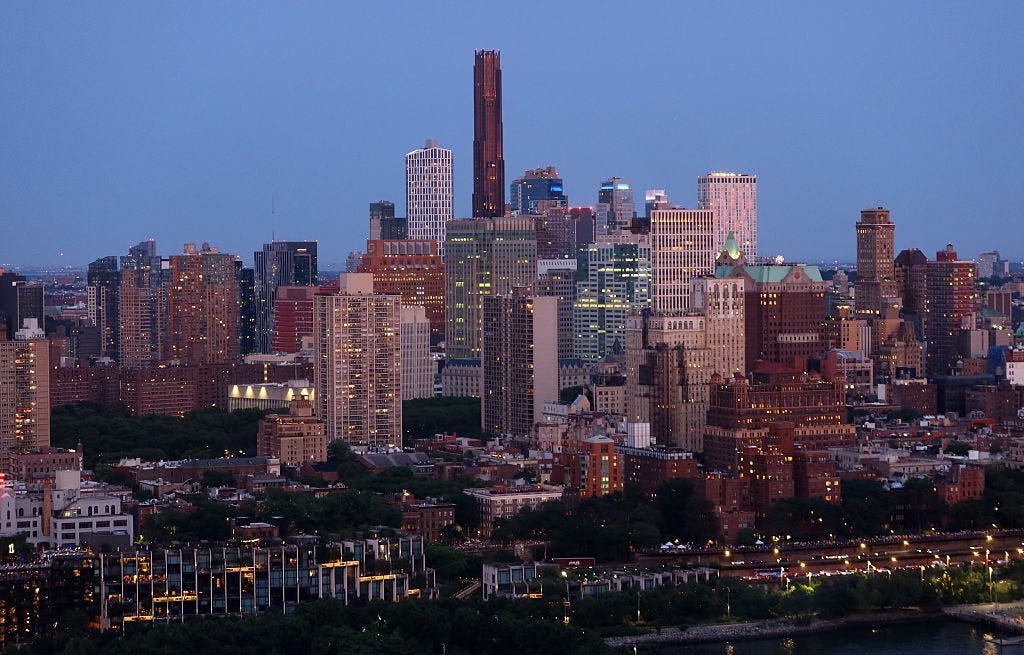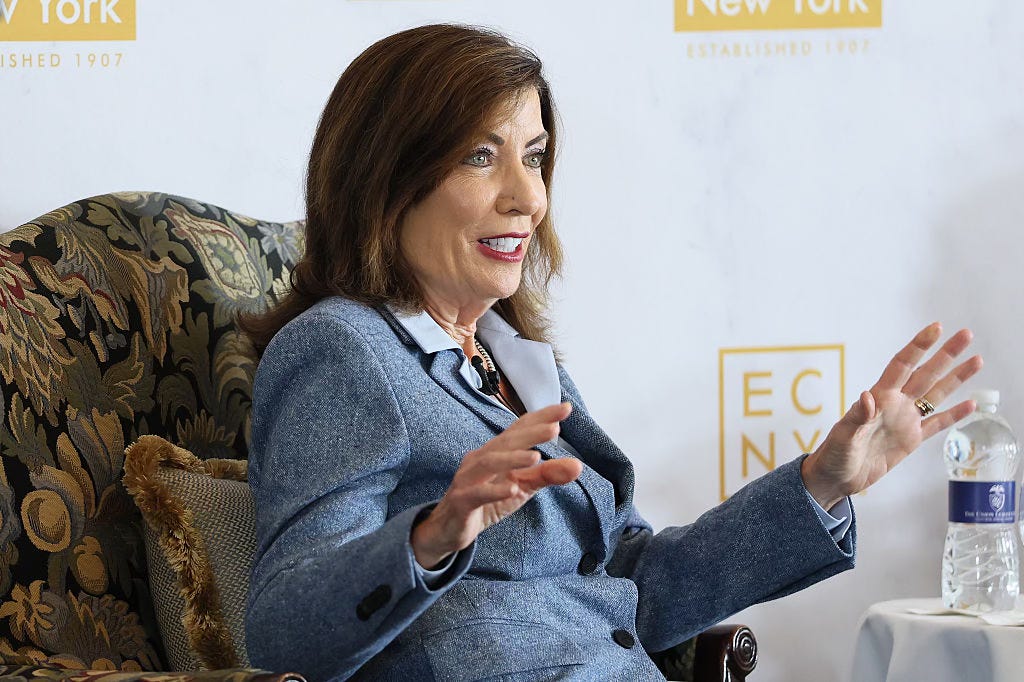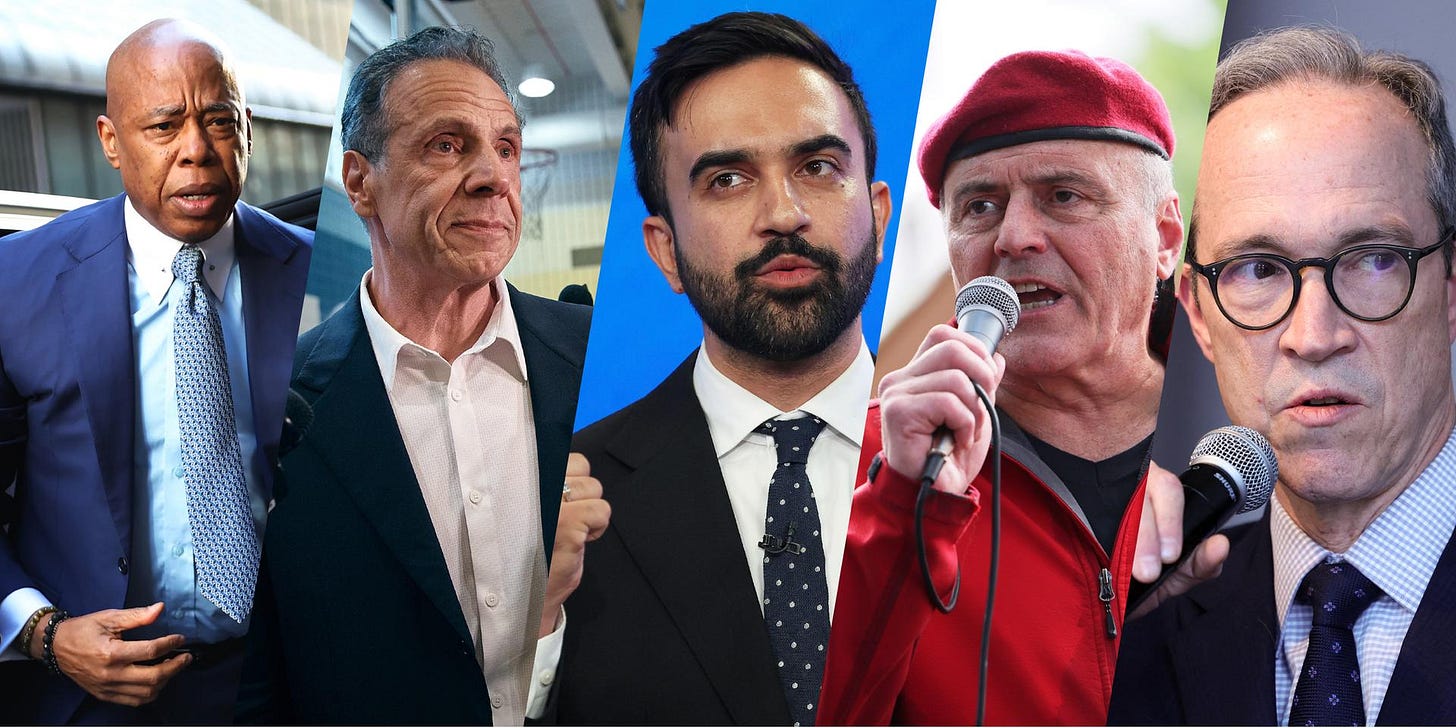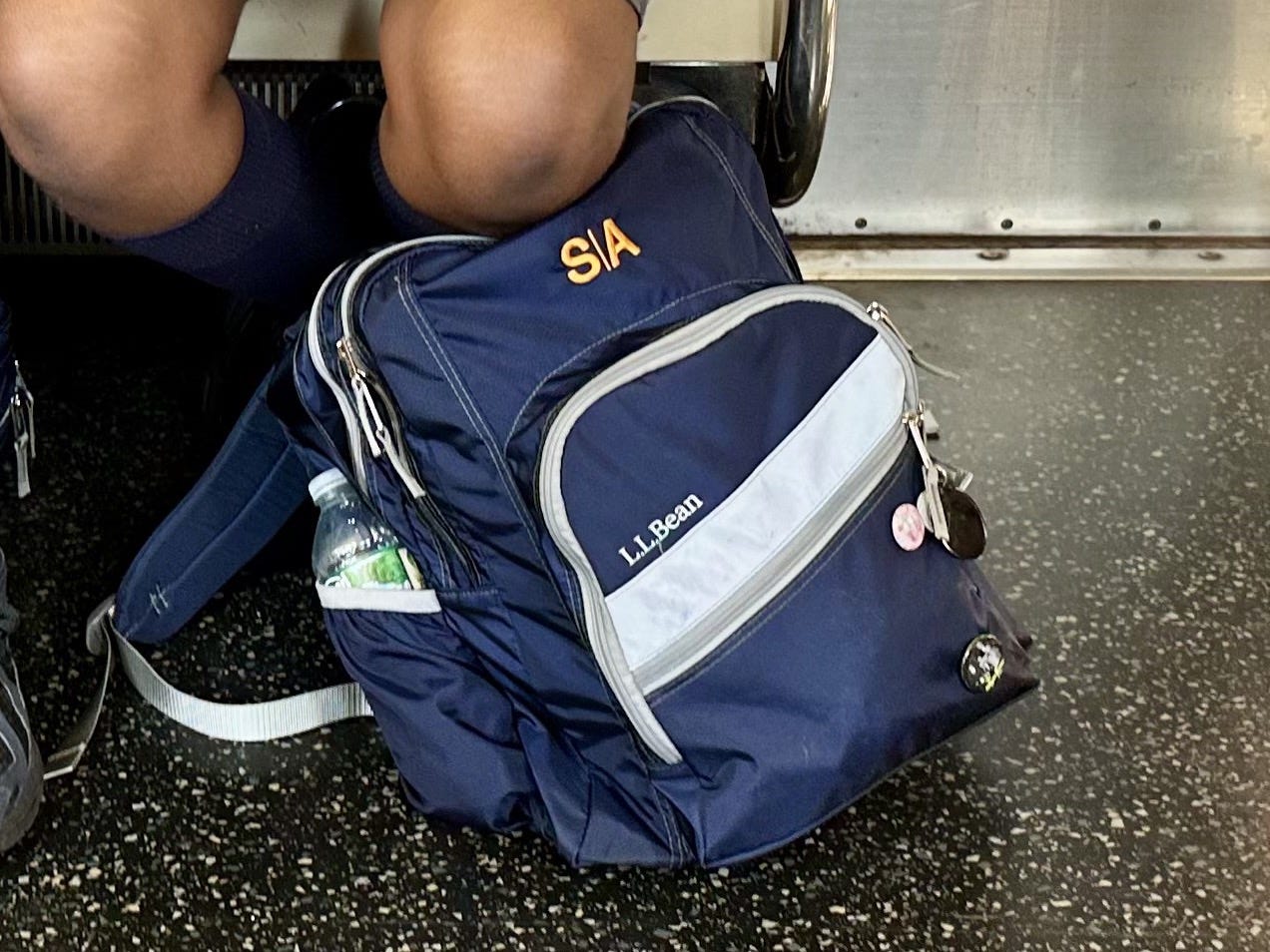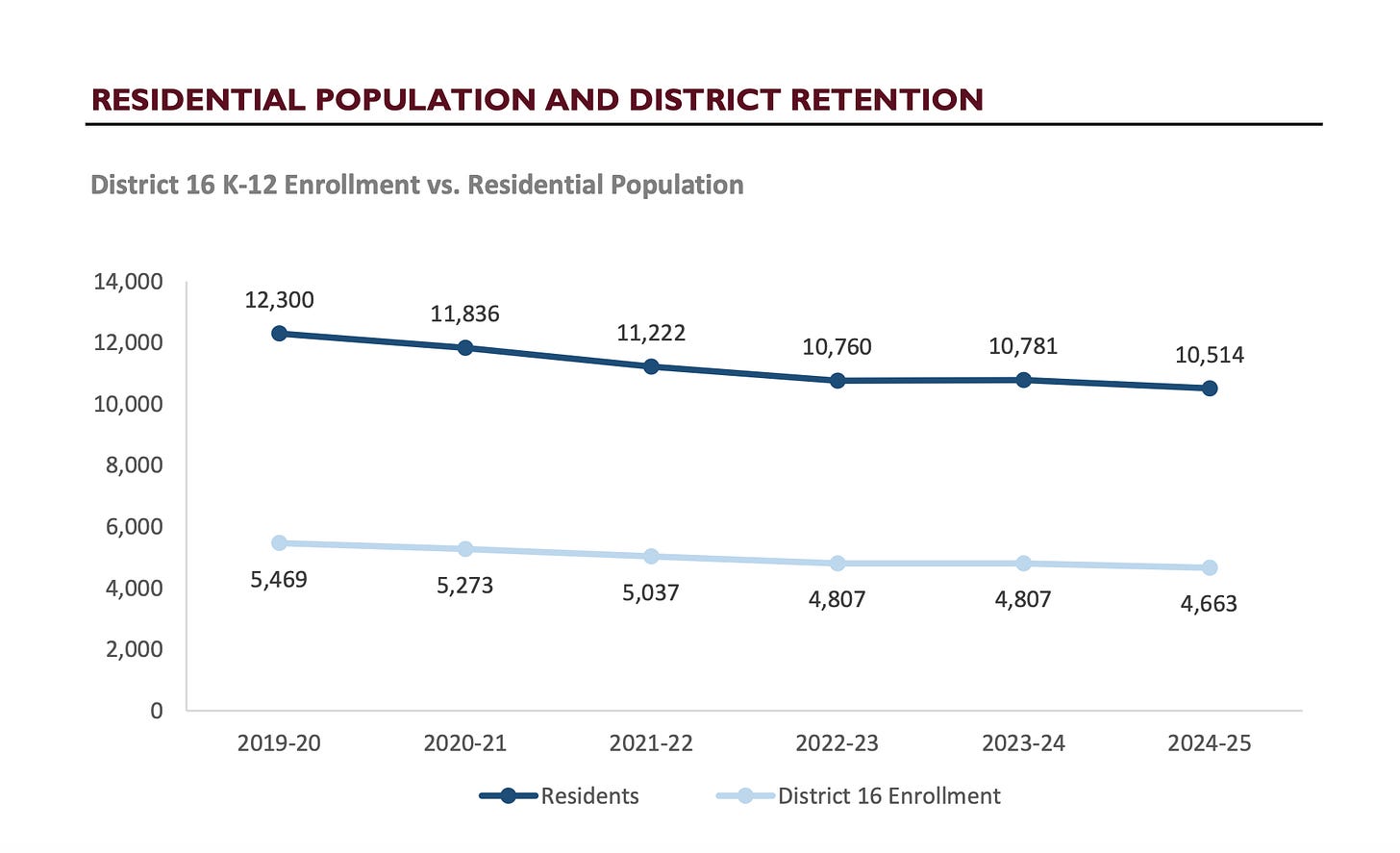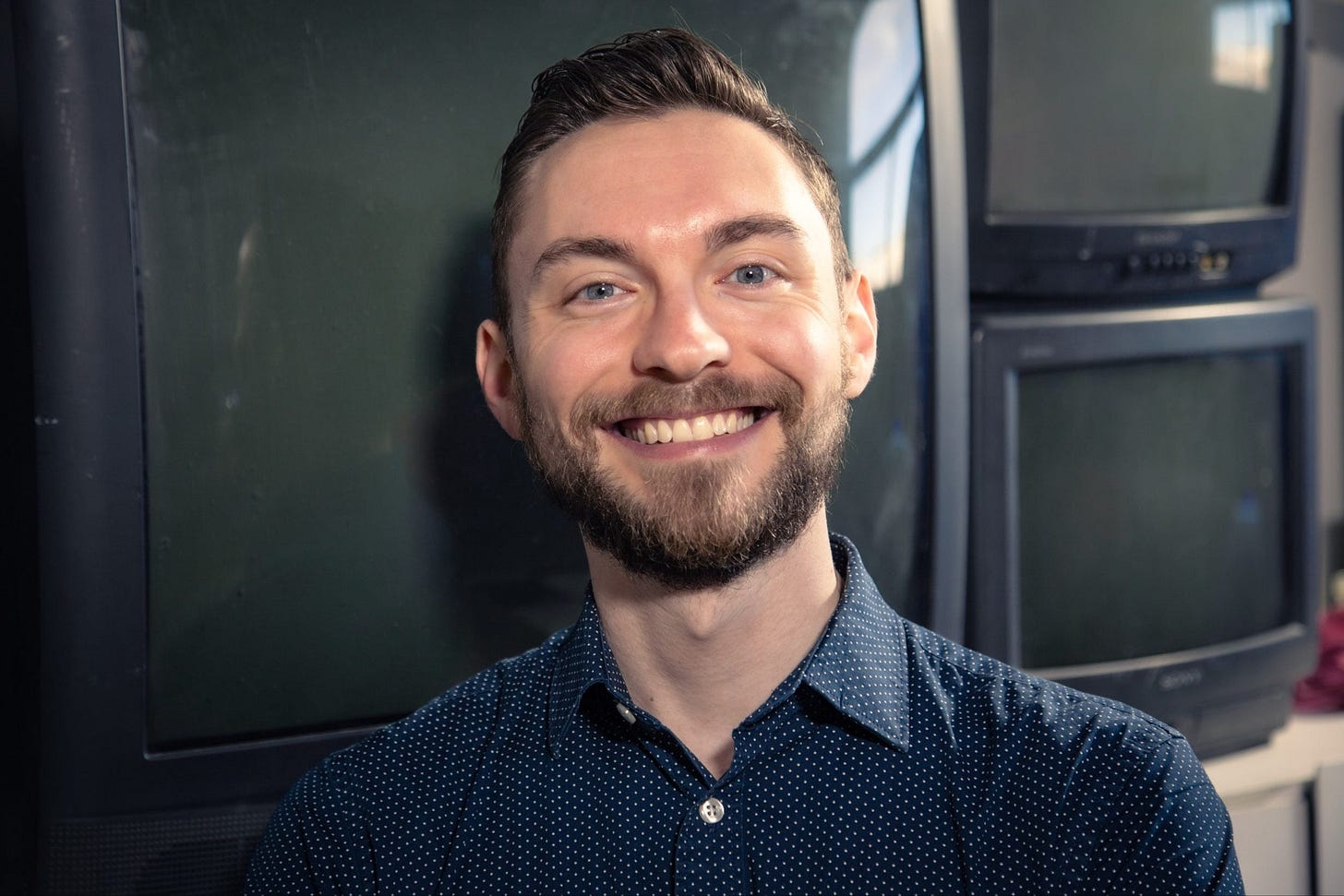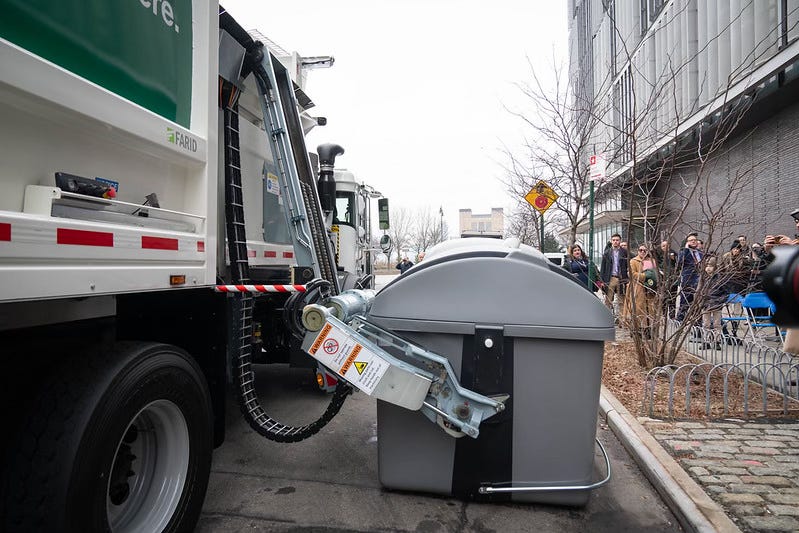Mamdani’s Out-of-Town Playbook
While learning from other cities can be valuable, New York’s scale and complexity demand caution before adopting progressive policies like fare-free buses and de-policing protests.
New York Is Not A Small Town
Zohran Mamdani has been looking far beyond New York for models of how to run the city. He has praised Boston Mayor Michelle Wu’s fare-free buses, Philadelphia’s Hub of Hope for homeless outreach in transit stations, Denver’s STAR program that dispatches clinicians to certain 911 calls, Oregon’s CAHOOTS crisis-response teams, and even Columbus, Ohio’s protest-policing style that emphasizes dialogue over specialized units. His campaign told Politico that he has “consulted with many leaders from other cities on these programs … and is looking forward to making more connections.”
While learning from other cities can be valuable, New York’s scale and complexity demand caution before adopting progressive policies like fare-free buses and de-policing protests. Boston’s free-bus experiment is small and depends on federal funds. New York’s MTA already loses more than $700 million annually to fare evasion. Eliminating fares here would blow an even bigger hole in the budget, undermining service quality. Sustainable improvements require stronger fare enforcement, operational discipline, and financial realism, not giveaways.
Crisis-response programs like STAR or CAHOOTS have appeal, but their scale is modest compared to the millions of 911 calls New York fields each year. Eugene’s flagship CAHOOTS program, which Mamdani praises, shut down in 2025 due to a lack of funding. In New York, mental-health outreach must complement—not replace—law enforcement.
And as for protest policing, New York’s sheer size, density, and history of mass demonstrations make it hard to compare to Columbus.
The lesson is not that New York can’t learn from elsewhere — it should — but one-size-fits-all imports from smaller cities will not fix an 8.5-million-person metropolis. What New York needs is smart policing, secure transit funding, and targeted mental-health investments—policies that ensure the city remains both compassionate and safe.
Campaign Update
Gov. Kathy Hochul says her endorsement of Zohran Mamdani this week wasn’t about the polls, but about making sure she has influence if he wins. Politico reported she has privately promised to act as a check on some of his proposals, like taxing the wealthy. Publicly, she’s leaned into common ground — especially child care. Mamdani wants it free, Hochul says it will cost $7 billion in New York City alone. “You can’t do it all in one year, but … there is absolutely a path.”
State Assembly Speaker Carl Heastie also endorsed Mamdani. When asked if he’d push New York City Democratic mayoral nominee Zohran Mamdani’s legislative agenda in Albany to raise taxes on the rich, enact free universal childcare, and make bus rides free. Assembly Speaker Carl Heastie said, “All the above.” Hochul is adamant that raising taxes is not on the table. (Politico, Politico)
Polls: Mamdani Holds Steady Lead, Cuomo Trails, Sliwa Splits the Opposition
Recent polling shows Zohran Mamdani leading the NYC mayoral race with 43–45% of the vote, while Andrew Cuomo trails at 23–28%, Curtis Sliwa holds a loyal 10–17%, and Eric Adams lags at 6–12%. Mamdani’s support is strongest among younger, progressive, affordability-focused voters, while Cuomo performs better among those prioritizing crime.
Sliwa’s base, though too small to win outright, siphons votes that would otherwise consolidate behind a moderate challenger, making it difficult for independents or Cuomo to overtake Mamdani under current conditions—even if Adams drops out. Overall, Mamdani remains the clear frontrunner, though turnout shifts or issue salience could narrow the gap. (CBS, Quinnipiac, Marist, Emerson)
De Blasio On Charter Schools & Mayoral Control
Thousands of charter parents, students, and teachers crossed the Brooklyn Bridge on Thursday, demanding more space and funding for their schools. Success Academy’s Eva Moskowitz and other leaders emphasized the rally wasn’t directedat Zohran Mamdani — but as I wrote earlier this month in the Back to School edition, Mamdani has pledged to restrict charter growth, phase out selective gifted-and-talented programs, and shift school governance away from City Hall toward Community Education Councils and educators. Those plans alone make him a top concern for charter advocates.
While the march was underway, former mayor Bill de Blasio was offering his advice to Mamdani at the New York Editorial Board’s breakfast. De Blasio called the charter rally a political mistake, arguing that confronting the frontrunner so directly only makes compromise harder. He warned against strong-arming staff and parents into rallies, calling it a tactic that “comes back to bite you.”
De Blasio stressed that he came to see that not all charters are the same: some are genuinely community-oriented and inclusive, while others bring “the worst of corporate culture” and exclude higher-needs students. The first group, he said, deserves support; the second shouldn’t qualify as public education. But, he added, the city’s future ultimately “lives or dies” with traditional public schools.
He also doubled down on mayoral control, saying there would have been no universal pre-K or full reopening of schools in 2021 without it. Still, he said parents deserve a greater voice, and pointed to District 15’s removal of middle-school screens as a success — while conceding that the city mishandled specialized high-school reforms. “Our philosophy was right,” he reflected. “Our strategy was really off.”
Data point: District 16 Kids Choose Charters
The majority of children residing in School District 16 in Brooklyn do not attend public schools within their district, and almost 40% of the district’s middle school students opted for charter schools last school year. That’s twice as many as stayed in the district and more than opted to attend public schools in other districts. Citywide, 49% of middle schoolers attend their district schools.
New Fellow: Welcome Daniel Golliher
We’re excited to welcome Daniel Golliher as the newest Cities Fellow at the Manhattan Institute and a regular contributor to The Bigger Apple. Daniel is the founder of Maximum New York, a civic school he launched in 2022 that has drawn hundreds of students eager to understand—and influence—the machinery of city government.
Raised on a farm in Indiana and educated at Harvard, Daniel came to New York in 2019 and never looked back, calling himself a “happily adopted New Yorker.” He has earned a following for making city politics not only legible but also actionable, pushing back against the idea that ordinary New Yorkers are apathetic about civic life.
At MI, he will focus on housing, public order, and the institutions that shape everyday life in New York. Look for his first pieces in the coming editions.
Extra, Extra!
City Charter Changes Popular
More than 60% of likely voters say they’d back each of the four proposed city charter amendments on the ballot this fall, according to a Robin Hood–commissioned poll. Just a quarter of voters say they’d oppose them. The measures were advanced by the Charter Revision Commission, chaired by Robin Hood CEO Richard Buery.
Meanwhile, REBNY chief James Whelan struck a conciliatory note this week, saying the real estate industry will “work closely with Mayor Mamdani” if he wins — a shift from months of warnings about his housing platform. (Crain’s)
By the Numbers
The Mayor’s Management Report is out: major crimes are down, but overall crime remains higher than in 2020. City Hall is touting a record of affordable housing production, and school absenteeism decreased from 35% to 33% last year. But, as our Danyela Souza-Egorov has noted, those rates are still historically high — pre-pandemic, chronic absenteeism was closer to 25% — and contribute to the city’s dismal math and English proficiency scores. More on that in the coming weeks.
No More Sidewalk Trash?
The city will utilize 1,500 Brooklyn parking spots for large “Empire Bins” to collect residential garbage, expanding a Harlem pilot that officials say has reduced rat populations by removing food sources.
It’s the latest step in Adams’s push to containerize all trash — he’s already required businesses and smaller residential buildings to use bins. The Brooklyn rollout starts in Fort Greene and Clinton Hill, and will be mandatory for buildings with more than 30 units next year.


